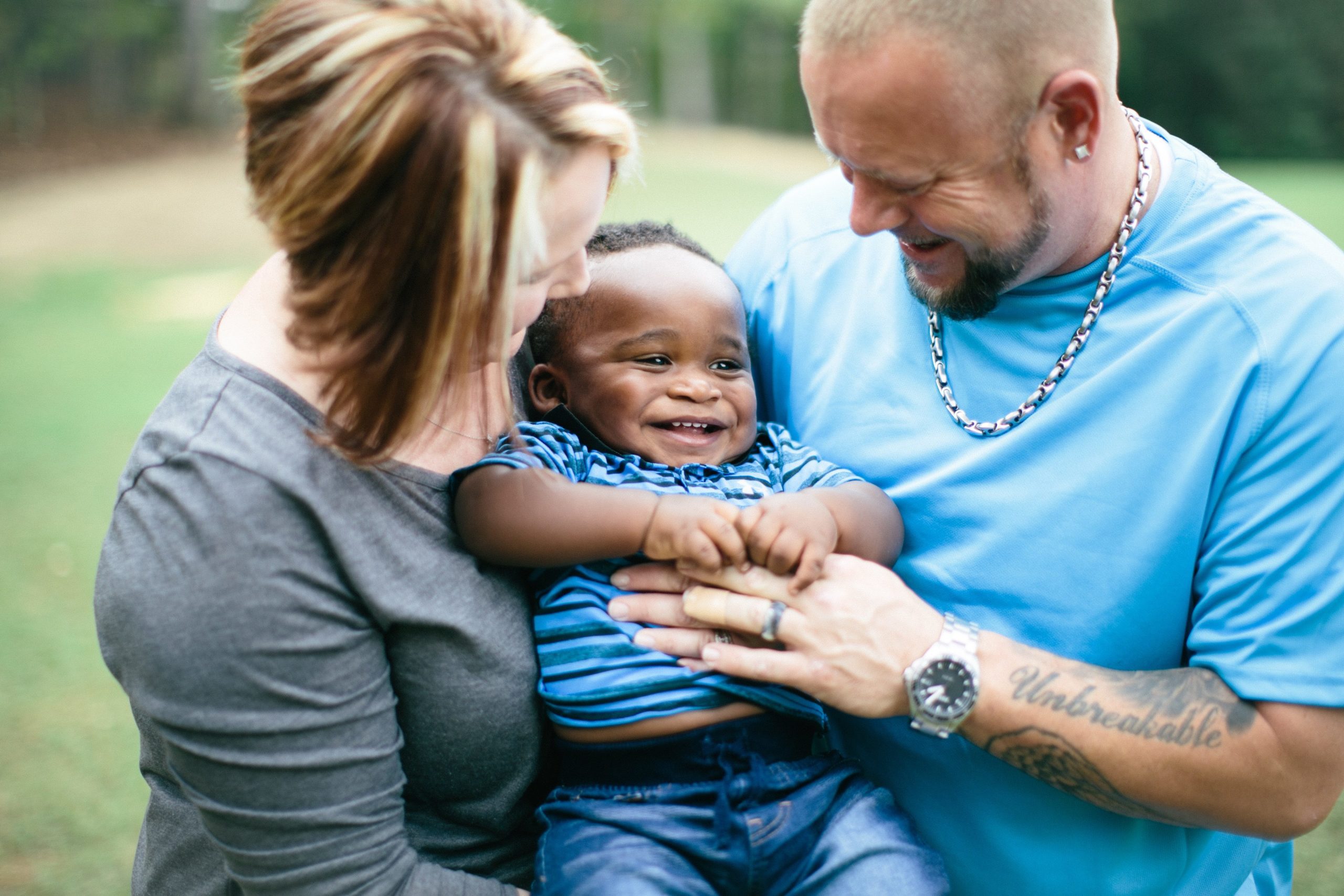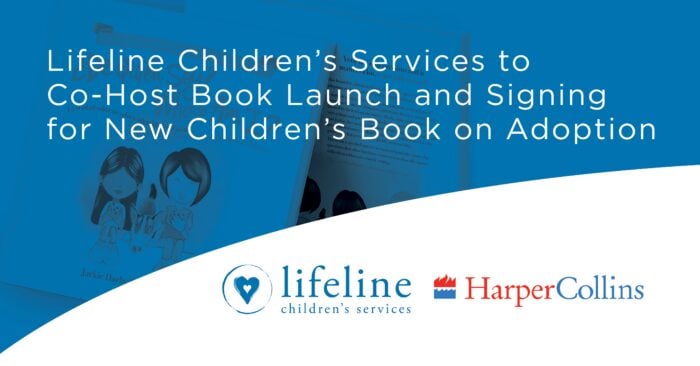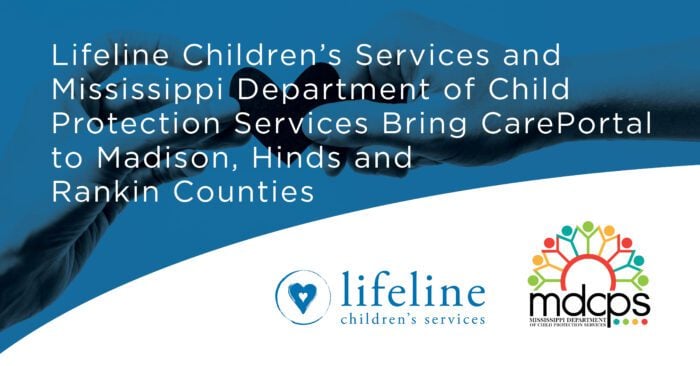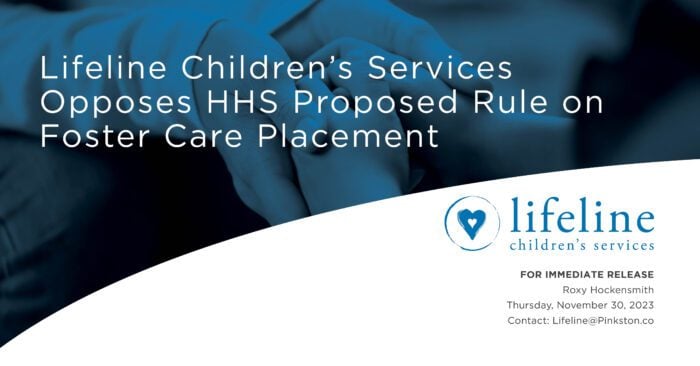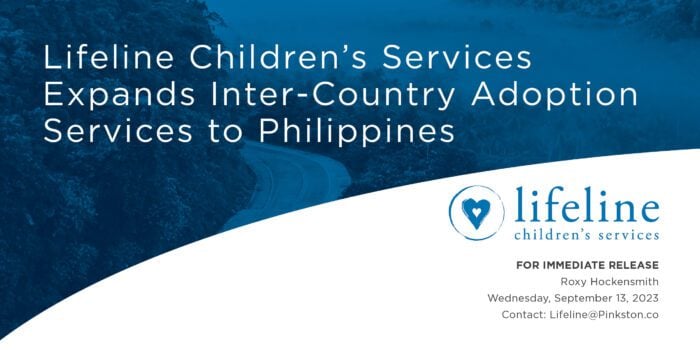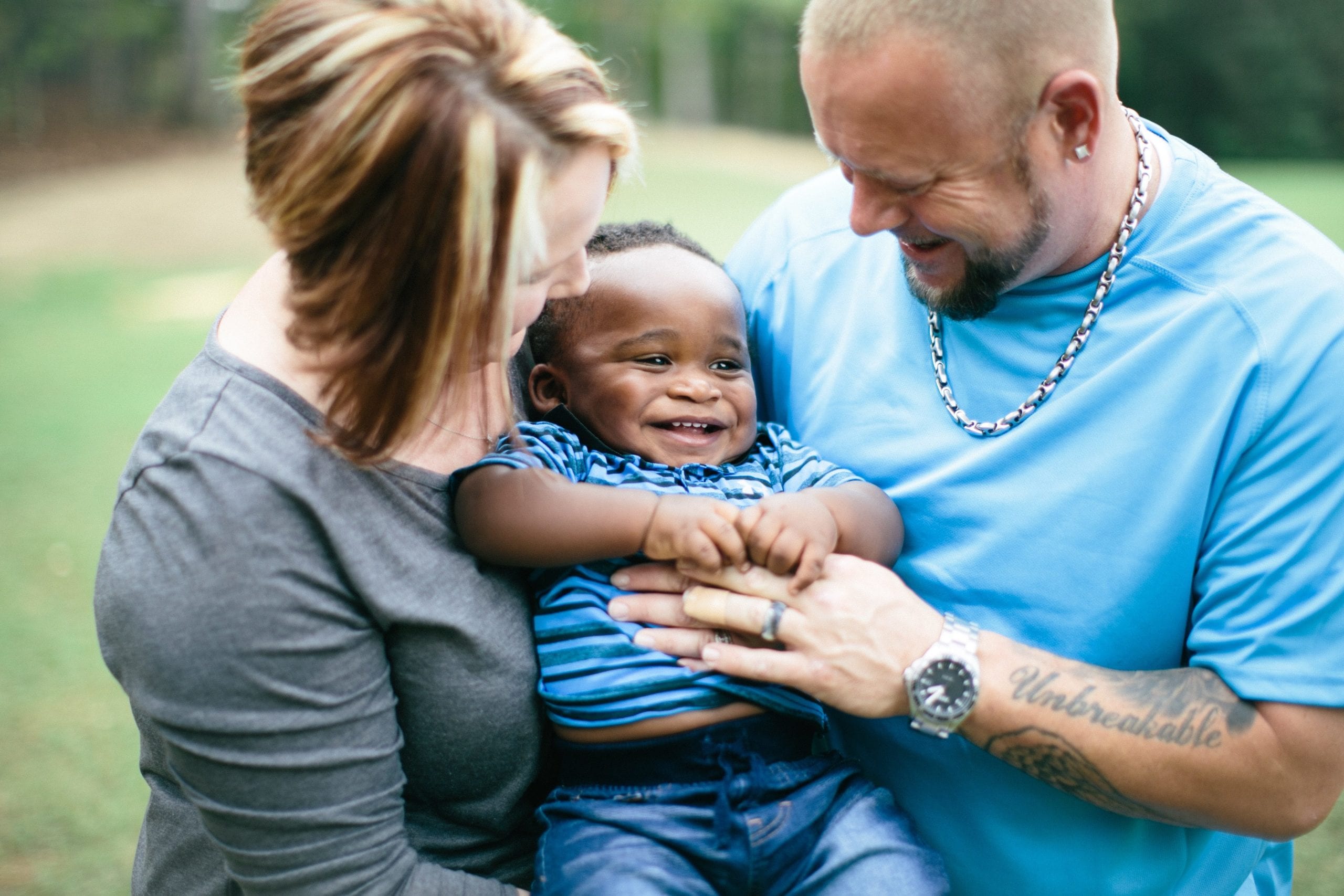Not too long ago, I asked a trusted friend and co-worker to read a blog, in which I shared some personal emotions about the early days of being a new mother through adoption. I asked him to send me his thoughts, and I was incredibly thankful for his insight:
“The one thought that I have is how would [your son] feel if he found this blog and read it twenty years from now? . . . Just a thought that I would like you to consider and count the cost of your openness and make sure you are completely comfortable with it.”
I took the feedback to heart and reworked a few sentences, ensuring the focus remained on God’s work in my story as a mother, not on my son’s story. I was able to say everything I needed to say in a way that brought the attention to my own journey without jeopardizing my son’s feelings or story. Since this eye-opening moment, I have been more acutely aware of what I tell about our family’s story. As part of a team at Lifeline that helps to tell others’ stories, it has been front and center of my mind to help others gain an attitude of protection.
Although we need honesty about the challenges and joys of adoption, we also need a healthy understanding of boundaries. In this day and age when pictures and words live forever on the Internet, we need some questions and guiding principles that will help us decide what we should say or how we could say it better.
Therefore, I sought and gathered wisdom from fellow adoptive parents and social workers that can serve as guides to help us, as families, tell our stories.
Share Your Story, Not Your Child’s
Ultimately, much of the story we want to tell belongs more to our children than to us. However, there are appropriate and healthy ways to share our stories without usurping the story of our children’s lives. Overall, we need to be intentional about not intentionally or unintentionally slandering our children, their country or history, their birth families, or the gospel.
Ask your child’s permission
The first guiding principle is to ask your child for permission. This principle is imperative for all parents, particularly as children get older and especially for children who have a story to tell that involves trauma. Traci Newell, adoptive mom and Lifeline Education Coordinator reveals that when she asks her daughters before sharing parts of their stories, “explaining the ‘why’ (for example, ‘I believe this can help others who are having a similar struggle’), gives even more purpose to their stories and allows them to have input.”
Even when we ask permission, prudence is still key. Jennifer Philips, a Lifeline adoptive mom, published writer, and speaker, tells a story about a time when asking permission didn’t mean that parental wisdom was finished working:
My husband and I recently led a parenting workshop and were asked beforehand if we were okay with them recording it. The audio would then be shared on social media for those who missed it the first time. My initial response was, “Sure!” but my husband hesitated. We were going to be telling some stories about our kids during the workshop. I thought it would be fine as long as the kids approved the stories and the recording of the stories, but he said, “You have to remember that the Internet is forever. They may be fine with it now, but five years from now, they may not like those stories floating around.” We didn’t record the workshop.
Remember, the Internet is forever
Jennifer and her husband recognized the permanency of the Internet and used that reality to help drive their decisions. In this day and age, we can gain prayer support from around the globe in a matter of minutes. Furthermore, adoptive families often feel isolated in their communities and need to reach out. Circumstances like these make sharing a lot of information tempting because families desperately need support, prayer, and connection with others who understand. In these instances, we may need to seek out a smaller, more private opportunity to share.
Jennifer encourages parents to consider that “what is shared might not bother your child today, but what about five years from now? Ten? Picture that 18-month-old baby when she is 12, when he is 15, and use that image as one of your main determining factors when you’re considering what to share and what not to share.”
This truth was reiterated over and over as experts and parents spoke into this issue. Rick Morton, adoptive dad and Vice President of Engagement at Lifeline emphasized it this way, “We have to write and speak in such a way that we consider what would our kids think if they picked up our communication a decade from now and read or heard what we said. Would they be edified or crushed?”
Point others to the gospel
We don’t always understand why certain situations arise in our families or why God allows them. However, 2 Corinthians 1:3–4 reveals that God uses us to minister to others who may be walking the same path: “Blessed be the God and Father of our Lord Jesus Christ, the Father of mercies and God of all comfort, who comforts us in all our affliction, so that we may be able to comfort those who are in any affliction, with the comfort with which we ourselves are comforted by God. (ESV)”
When we tell our stories, the ultimate goal is to point to the One who writes our stories. Only He can give true comfort; only He can bring true healing; only He can redeem. Rick rightly encourages us to see our stories as a witness to the gospel without damaging the relationship with our children: “The gospel is about putting broken things back together, including allowing Him to heal and redeem the real struggles of their past and their present. We can put a light on Jesus, His grace, His mercy, and His redemption without hurting them.”
Should I say it?
So, how can we testify of the Lord’s work in our stories without hurting our children? Ashley Yeager, a Family Therapist at Lifeline, helped develop some questions that will help families navigate the question of “Should I tell this story?”
- What is my motivation for telling this story/writing this post? Am I sharing for personal sympathy or attention? Am I sharing for my child’s sake or for others?
- Is there an unspoken need behind my message that can be met by a better resource, i.e. should I call/text my spouse, a family member, or a friend to talk about this issue instead?
- Is this a sensitive issue for my child or me? What is the smallest number of people with whom I can share this issue to seek solutions or support?
- How do I feel emotionally right now as I post? Am I being emotionally driven to write this? If so, how could I better meet my emotional needs first and then reconsider what to share?
- How would I feel if my mom or dad shared this story about me when I was a child?
- How could/will my child feel if she read my statements when she is a teenager or adult? Remember that children often tend to search the Internet for themselves, their parents, their siblings and friends just to see what they can find.
- How could/will the bully in my child’s class interpret my words if she happened to find my blog?
- What if someone in my child’s birth family found my blog/Facebook/Instagram account—how could he feel reading my post?
- Am I honoring God with my words, or are my words serving another purpose?
- Can this story help others in a positive way? Has my child granted permission to share? Can I share in a way that protects the privacy of the story as much as possible?
- Am I speaking negatively of my child, his birth country, his birth family, or others in a way that airs private grievances?
Should I Share a Picture?
- Ask your child’s permission but also help teach them that the Internet is forever. Just because your child is OK with a photo being shared now doesn’t mean either of you will want it shared five years from now.
- What does your child need most in a particular moment—the camera or emotional support and understanding?
- Am I connecting with my child or am I documenting an experience to share with others?
Can I Share Our Story Better?
- Can I personalize this story or reword it so that it takes the focus off my child and places it onto my story?
- Do my words clearly communicate that I deeply love my child? Or, would the way I have shared make someone question my love for and commitment to my child?
- Who could be my sounding board to help me decide what personal parts of my child’s story are appropriate to share and what should be omitted?
- Are there any identifying words or details that could be omitted or broadened to provide more anonymity and privacy to my child, while still getting my point across?
- Is there an outlet for sharing privately? How have I encouraged those needing more support/encouragement to message me privately? Have I made my contact information visible? Could we have a conversation privately via phone rather than in writing?
Reading through these questions, there are common themes: get permission, protect privacy for the long-term, maintain a bigger picture, and seek to glorify God with our words. In today’s culture, we have platforms for sharing, and we want to make sure we are using those opportunities with godly wisdom as we connect with our children and love them beyond today.
Please find more resources for the journey of adoption on our website. If you have any questions about these issues, please call us 205-967-0811 or email us here.
Written and compiled by Jenny Riddle, with information gathered from the collective wisdom of professional counselors and adoptive parents, including the following lovely people:
Ashley Yeager, Lifeline Family Therapist
Jennifer Phillips, Lifeline adoptive mom and author of 30 Days of Hope for Adoptive Parents
Traci Newell, Lifeline Education Coordinator
Angela Mains, Lifeline Senior Family Therapist
Angie Blackwell, Post Adoption Supervisor at Lifeline
Rick Morton, adoptive dad and Vice President of Engagement at Lifeline
